
Welcome to 'Green and Clean: Top 10 Eco-Friendly Household Projects for Your Homestead.'
In this article, we will explore a range of practical and informative projects that can help you create a more sustainable and environmentally friendly living space.
From homemade cleaners and beauty products to reusable shopping bags and laundry detergent, these projects offer a convenient and cost-effective way to reduce your carbon footprint and embrace a greener lifestyle.
Join us as we empower you with the freedom to make a positive impact on our planet.
Homemade Cleaners
Homemade cleaners offer a sustainable and cost-effective alternative to commercial cleaning products. Not only are they better for the environment, but they also provide numerous benefits for your home and health.
Eco-friendly cleaning solutions can be easily made using household ingredients such as vinegar, baking soda, and lemon juice. These natural ingredients are not only effective at removing dirt and grime, but they are also non-toxic and safe for use around children and pets.
By using homemade cleaners, you can avoid the harmful chemicals found in many commercial products, reducing indoor air pollution and promoting a healthier living environment. Additionally, making your own cleaners can save you money in the long run, as these ingredients are typically much cheaper than buying commercial products.
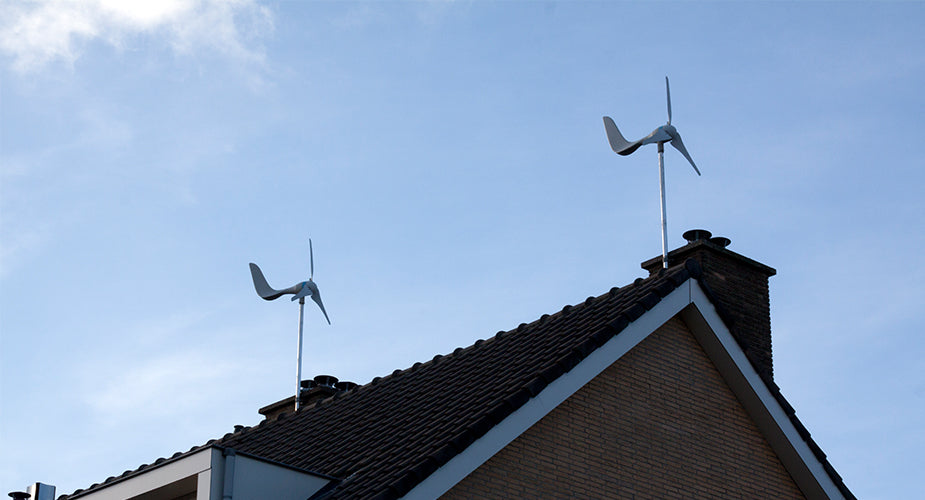
DIY Beauty Products
Creating your own beauty products allows you to embrace sustainability and promote natural self-care. By DIY-ing your beauty products, you can not only reduce your carbon footprint but also have control over the ingredients used, ensuring they are safe and free from harmful chemicals.
Additionally, making your own beauty products can be cost-effective and fun. When it comes to sustainable packaging, consider using reusable or recyclable containers. Glass jars or metal tins are great options as they can be easily cleaned and repurposed.
To further reduce waste, explore zero waste initiatives such as making solid bars or powders instead of liquids. With a little creativity and research, you can easily create a range of eco-friendly and effective beauty products right at home.
Homemade Candles
Why are homemade candles a sustainable choice for your home?
Homemade candles offer a sustainable alternative to store-bought candles that are often made from petroleum-based paraffin wax. By making your own candles, you have control over the ingredients used and can opt for natural, eco-friendly materials such as soy wax or beeswax.
These options are renewable and biodegradable, reducing the environmental impact. Additionally, homemade candles allow you to customize the fragrance using natural essential oils or dried herbs, eliminating the need for synthetic fragrances that can release harmful chemicals into the air when burned.
Candle making techniques can be easily learned and practiced at home, making it an accessible and enjoyable DIY project for those who value sustainability and freedom of choice.
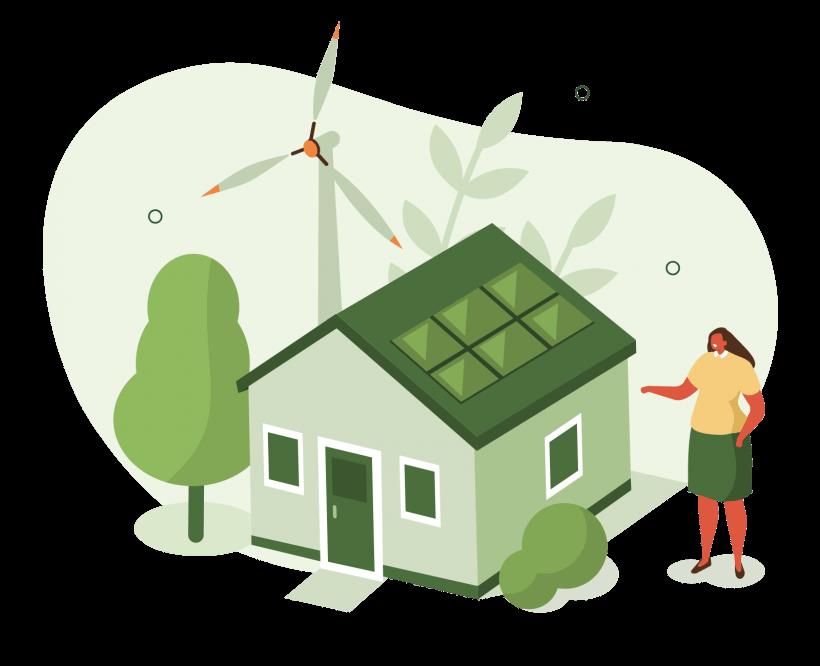
The sustainability of homemade candles can be extended to other household items, such as DIY reusable shopping bags. By creating your own bags, you can reduce your reliance on single-use plastic bags and contribute to a greener lifestyle.
Making DIY reusable shopping bags allows you to have control over the materials used and the design, ensuring that they align with your values and preferences. One way to make these bags is by upcycling old clothing. By repurposing clothes that you no longer wear, you can give them a new purpose and reduce waste.
Additionally, you can add a personal touch to your bags by incorporating DIY fabric dyeing techniques. This allows you to create unique and colorful designs that reflect your individual style.
Homemade Laundry Detergent
To continue our exploration of eco-friendly household projects, let's delve into the realm of homemade laundry detergent.
Making your own laundry detergent is not only a sustainable choice but also a cost-effective one. By creating your detergent at home, you can reduce your reliance on store-bought products that often contain harmful chemicals and come in single-use plastic containers.
Homemade laundry detergent typically consists of simple ingredients such as soap, washing soda, and borax. These ingredients are readily available and affordable, making it a budget-friendly option.
Additionally, homemade laundry detergent is gentle on your clothes and the environment, as it doesn't contain harsh chemicals or artificial fragrances.
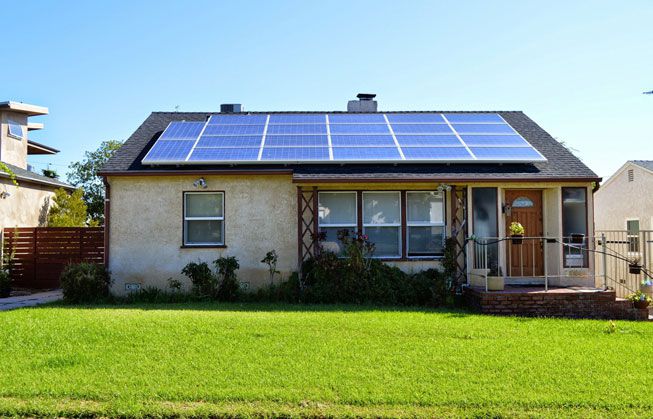
DIY Beeswax Food Wraps
Create your own eco-friendly and reusable beeswax food wraps with this simple DIY project. Beeswax food wraps are a sustainable alternative to single-use plastic wrap and can be used to cover bowls, wrap sandwiches, or store leftovers.
To source beeswax sustainably, look for local beekeepers or online stores that sell organic beeswax. You can also consider using other natural alternatives to beeswax, such as soy wax or plant-based waxes made from candelilla or jojoba. These alternatives are vegan-friendly and still provide the same benefits as beeswax in terms of preserving food freshness and reducing plastic waste.
Homemade Toothpaste
Homemade toothpaste offers a sustainable and natural alternative for maintaining oral hygiene. In a world where people are increasingly concerned about the environmental impact of their everyday choices, toothpaste alternatives are gaining popularity. Making your own toothpaste allows you to have control over the ingredients, avoiding harmful chemicals and reducing packaging waste.
To make your own toothpaste, you can use simple ingredients like baking soda, coconut oil, and essential oils for flavor. Baking soda acts as a natural cleanser, removing stains and plaque from your teeth. Coconut oil has antimicrobial properties that help fight bacteria and promote healthy gums. Essential oils, such as peppermint or tea tree oil, can add freshness and additional oral health benefits.
Not only is homemade toothpaste eco-friendly, but it is also cost-effective. By making your own toothpaste, you can save money and reduce your carbon footprint. It's a win-win situation for both your oral health and the planet. So why not give it a try and embrace zero waste oral care?
DIY Deodorant
Continuing the exploration of sustainable and natural alternatives for personal care, the next topic to be discussed is DIY deodorant.
Making your own deodorant at home not only reduces waste but also eliminates the use of harmful chemicals found in many store-bought options. One of the main benefits of homemade deodorant is that you have control over the ingredients used, ensuring that it is free from harsh chemicals such as aluminum, parabens, and artificial fragrances.
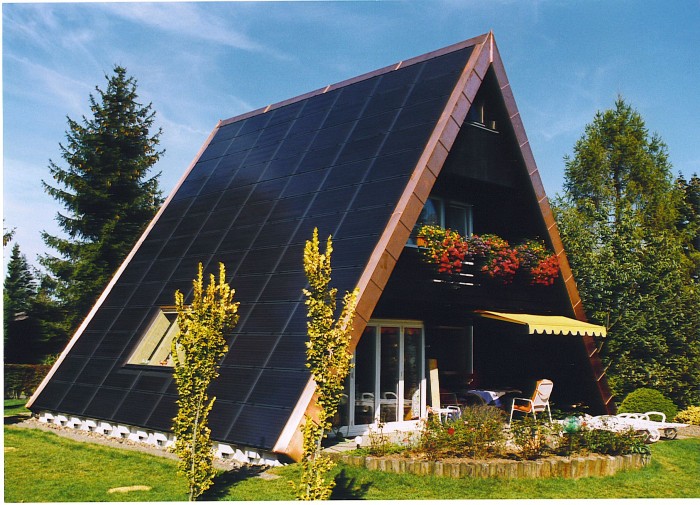
Instead, you can use natural ingredients like baking soda, coconut oil, shea butter, and essential oils that are gentle on the skin and effective in neutralizing odors. By avoiding these harmful ingredients, you can prioritize your health and well-being while still maintaining freshness throughout the day.
DIY Lip Balm
When it comes to DIY lip balm, using natural ingredients is key. Not only does this ensure that you know exactly what you're putting on your lips, but it also allows you to avoid harmful chemicals and additives commonly found in store-bought lip balms.
Making your own lip balm also promotes sustainability, as you can reuse containers and reduce waste from plastic packaging.
Natural Ingredients for Balm
The use of natural ingredients in balm, such as beeswax and essential oils, is essential for creating an eco-friendly and effective DIY lip balm. When it comes to natural ingredients for lip balm, beeswax is a popular choice due to its moisturizing properties and ability to create a protective barrier on the lips. It helps to lock in moisture and prevent dryness, keeping your lips soft and supple.
Essential oils, on the other hand, not only add a pleasant scent but also provide additional benefits. For example, lavender oil has soothing properties, while peppermint oil gives a refreshing sensation.
Homemade balms have several benefits, including the ability to customize the ingredients to suit your preferences and avoid harmful chemicals found in commercial products. By using natural ingredients, you can create a lip balm that is not only better for the environment but also nourishing and beneficial for your lips.
Sustainability of Homemade Products
Homemade lip balm made with natural ingredients offers a sustainable alternative to commercial products, ensuring both environmental friendliness and nourishing benefits for your lips.
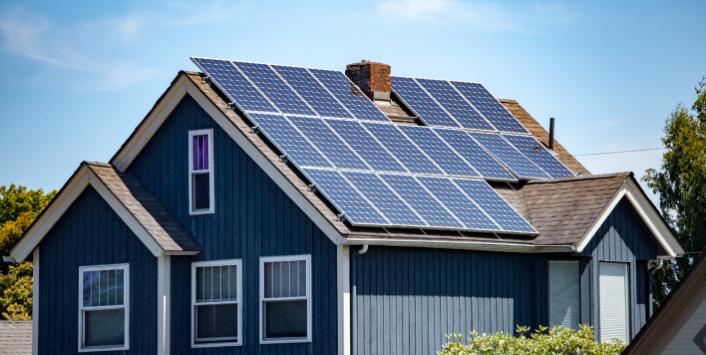
But the sustainability of homemade lip balm doesn't just lie in the ingredients used; it also extends to the packaging and waste reduction.
One of the advantages of making your own lip balm is the ability to choose sustainable packaging options. Instead of purchasing lip balms that come in single-use plastic tubes or containers, you can opt for reusable or biodegradable options such as glass jars or metal tins.
This helps reduce waste and minimizes the environmental impact of your lip balm usage.
Homemade Shampoo and Conditioner
Crafting your own shampoo and conditioner is a sustainable and cost-effective way to care for your hair. Not only does it allow you to control the ingredients that go into your hair products, but it also reduces waste by eliminating the need for unsustainable packaging.
By using organic ingredients, you can ensure that your homemade shampoo and conditioner are free from harmful chemicals and synthetic additives that can damage your hair and the environment. There are numerous recipes available online that cater to different hair types and concerns, allowing you to customize your hair care routine to meet your specific needs.
Making your own shampoo and conditioner not only promotes sustainability but also provides the freedom to experiment and find the perfect formula for healthy and beautiful hair.
Frequently Asked Questions
What Are Some Eco-Friendly Alternatives to Store-Bought Cleaning Products?
There are several eco-friendly alternatives to store-bought cleaning products, including eco friendly cleaning product brands and DIY eco friendly cleaning solutions. These options provide a more sustainable and environmentally friendly approach to household cleaning.

How Can I Make My Own Natural Beauty Products at Home?
Making your own natural beauty products at home can be a rewarding and cost-effective way to take care of your skin. By using DIY skincare recipes and homemade cosmetics, you can have control over the ingredients and avoid harmful chemicals found in store-bought products.
What Are the Benefits of Using Homemade Candles Instead of Conventional Ones?
The benefits of using homemade candles instead of conventional ones include using natural ingredients, avoiding harmful chemicals, and having the freedom to customize scents and designs. Homemade candle making techniques can be practical, informative, and allow for a more eco-friendly lifestyle.
Creating custom designs and sewing techniques are essential when creating reusable shopping bags from scratch. By using durable fabrics and incorporating practical features like handles and closures, you can create eco-friendly bags that are both stylish and functional.
What Are the Advantages of Making Homemade Laundry Detergent Compared to Buying Commercial Brands?
Making homemade laundry detergent has several advantages compared to buying commercial brands. It is cost-effective, environmentally friendly, and allows you to control the ingredients used, avoiding harmful chemicals commonly found in store-bought detergents. DIY laundry soap benefits both your wallet and the planet.
 Family Craft ProjectsHome ImprovementCooking and BakingReuse and RecycleDIY GiftsEco-Friendly ProjectsDIY Home SolutionsSeasonal ActivitiesFun and GamesLearn TogetherPrivacy PolicyTerms And Conditions
Family Craft ProjectsHome ImprovementCooking and BakingReuse and RecycleDIY GiftsEco-Friendly ProjectsDIY Home SolutionsSeasonal ActivitiesFun and GamesLearn TogetherPrivacy PolicyTerms And Conditions
